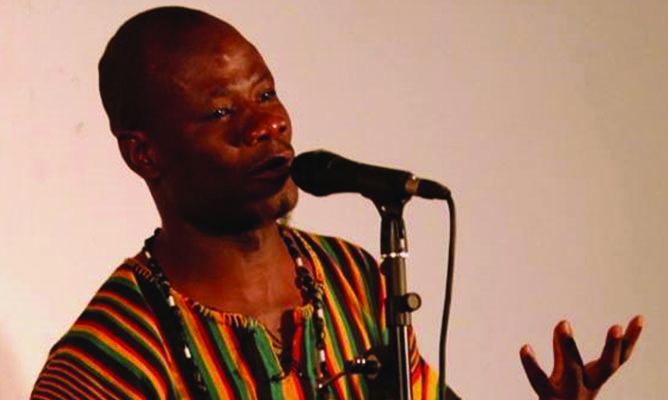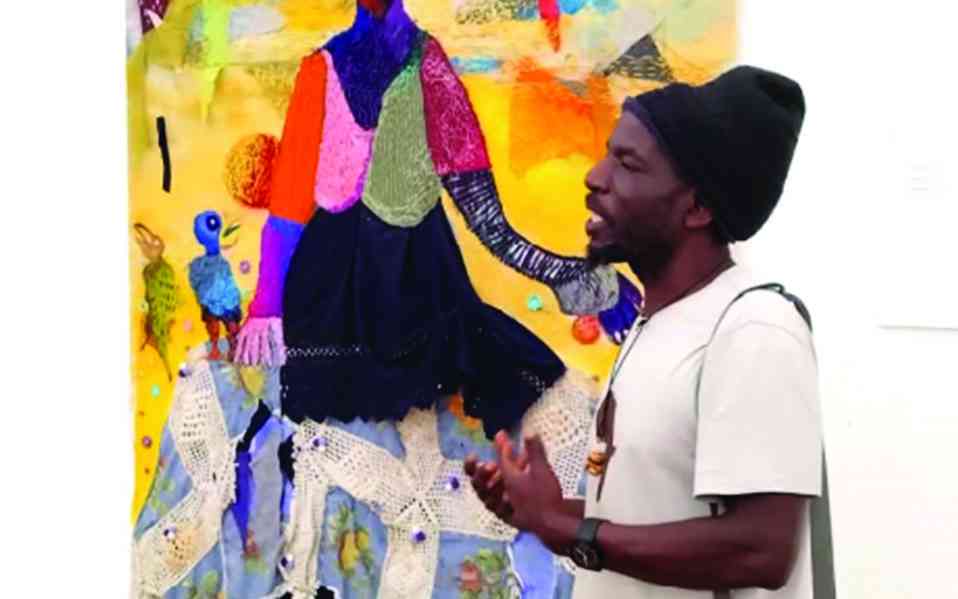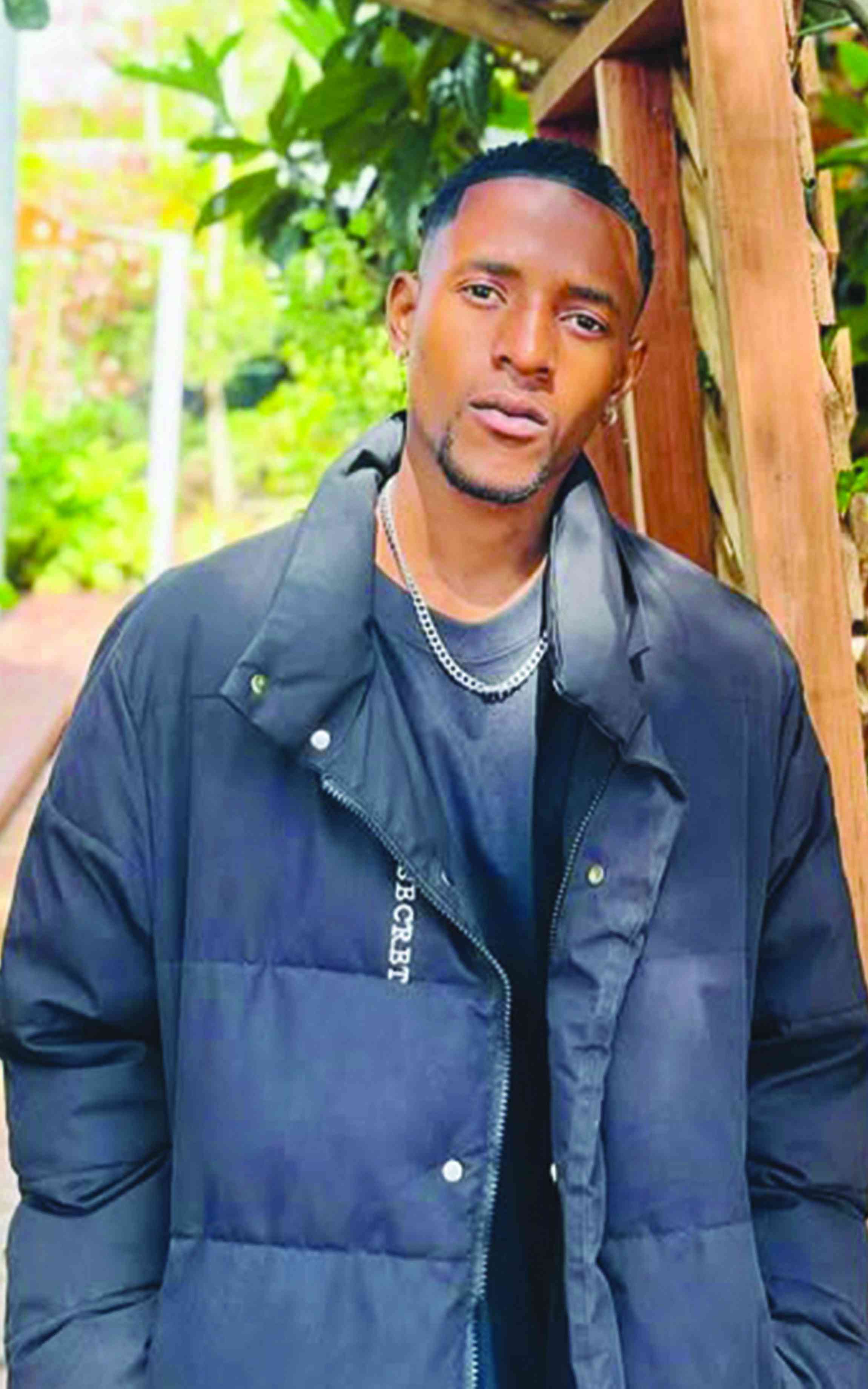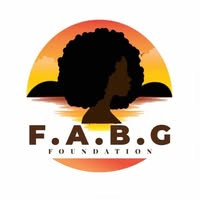
INTERNATIONALLY-ACCLAIMED poet and writer, Mbizo Chirasha has received a major boost in his artistic career after he was accepted as a new United Nations Educational, Scientific and Cultural Organisation (Unesco)-Rila affiliate artist, joining an esteemed team of other international creatives on the programme.
BY WINSTONE ANTONIO
Unesco-Rila affiliate artist status is an honour bestowed upon an artist to generate work towards refugee integration through languages and creative expression.
The acclaimed wordsmith’s selection was confirmed through a letter from the University of Glasgow’s School of Education and Unesco Chair of Refugees Integration with Languages and Arts Bella Hoogeveen dated June 1, 2020. Chirasha joins compatriot Chirikure Chirikure who acquired the same status in 2018.
Popularly known as the Black Poet in arts circles, Chirasha told NewsDay Life & Style yesterday that the development had afforded him a chance to grow, learn and engage with other creatives.
“I am greatly humbled as I join great artistic, creative and literary luminaries from across the globe. I look forward to learning more, growing artistically, collaborating ideas and sharing my creative resilience experience with the Unesco-Rila family, ambassadors and affiliate artists,” he said.
“This gives me more courage, creative zeal and more resilient spirit to keep on writing, speaking human rights and anti-corruption through literary arts activism work, poetry and arts on digital archives.”
Chirasha, who is a Unesco-International Poetry certificate holder, is on record saying his “politically incorrect” artworks have attracted political persecution, adding that there was need for a better world free from hatred, violence and killings.
- Chamisa under fire over US$120K donation
- Mavhunga puts DeMbare into Chibuku quarterfinals
- Pension funds bet on Cabora Bassa oilfields
- Councils defy govt fire tender directive
Keep Reading
“It is not easy. We can use our gifts and talents for the best than to destroy lives,” he said.
Chirasha has worked with several non-governmental organisations and other institutions using creative arts as models of community education, information dissemination and dialogue.
In a recent interview with NewsDay Life & Style, Chirasha said he was not a rebel, but an innocent creative writer seeking a progressive Africa and his desire was to live freely in his home country.
“The problem in Africa is we lose time chasing the wind and blowing it instead of chasing dreams and great ideas. Where are we getting to? We cannot live so anciently that creative dissenting voices are victimised for apparently no reason. We need a civilised Africa where we enjoy varying opinions and views,” he said.
Chirasha’s main artistic interest cuts across themes such as freedom of expression, corruption, children’s rights, politics, social lives, gender, drug cartels, protest and African pride.
He was the poet-in-residence from 2001-2004 for the Iranian embassy/UN Dialogue among Civilisations Project, Focal Poet for the United Nations Information Centre from 2001-2008.
He also performed at the Zimbabwe International Travel Expo in 2007 and was a poet-in-residence at the International Conference of African Culture and Development (ICACD) in 2009 and participated at the Sadc Poetry Festival in Namibia in 2009.
In 2003, Chirasha was a special young literary arts delegate of the Zimbabwe International Book Fair to the Goteborg International Book Fair in Sweden. He performed at Sida/African Pavilion, Nordic African Institute and Swedish Writers Union.
In 2006, he was invited to be the only poet /artist-in-residence at Atelier Art School in Alexandra Egypt. In 2009, he was a special participating delegate representing Zebra Publishing House at the Unesco Photo–Novel Writing Project in Tanzania and was, in 2010, invited as an official poet-in-residence at the ISOLA Conference in Kenya.
The Unesco-Rila affiliate artist project focuses on cultural and linguistic exchange, bringing together artists from various backgrounds to reflect on the role arts and languages play in bringing people together and strengthening social cohesion.










